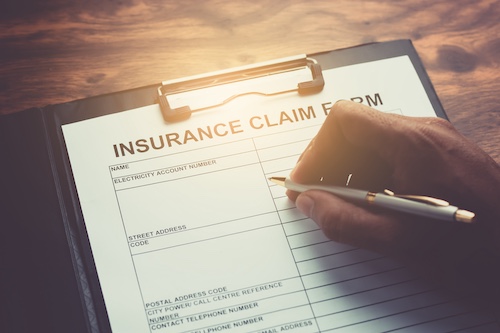
Understanding Rights of Truck Accident Victims in Georgia
You Were Hit by a Truck—and the Damage Feels Overwhelming A collision with a tractor-trailer on I-75 near Macon, a delivery rig along I-285 in Atlanta, or an 18-wheeler traveling

You Were Hit by a Truck—and the Damage Feels Overwhelming A collision with a tractor-trailer on I-75 near Macon, a delivery rig along I-285 in Atlanta, or an 18-wheeler traveling

Understanding Georgia Truck Accidents and Your Legal Rights A Georgia truck accident is rarely comparable to a standard car crash. Collisions involving tractor-trailers, delivery trucks, and other commercial vehicles often

When Equipment Defects Turn Georgia Highways Into Danger Zones Commercial trucks dominate Georgia’s highways, transporting goods across Interstate 85, Interstate 75, and countless other roadways that connect Atlanta, Alpharetta, Augusta,

Understanding Why Georgia Truck Collisions Require a Strategic Legal Approach Across Georgia—from the busy freight routes along I-75 through Atlanta, to the industrial corridors near Savannah’s Garden City Terminal, to

Georgia’s Leading Truck Accident Attorneys Who Know How to Win You were driving on I-75 when an 80,000-pound tractor-trailer crossed into your lane. In seconds, your life changed forever. Now

Commercial truck accidents on Georgia’s highways claim lives and cause catastrophic injuries every year. Whether you’re traveling I-85 through Atlanta, I-75 near Macon, or I-285 around the perimeter, sharing the

Truck Accident Injuries and Their Long-Term Effects At 1Georgia Personal Injury Lawyers, we are committed to protecting the rights of those injured in truck accidents across Georgia. Our firm combines

Truck Accident Claims in Georgia: Why They Are Different from Car Accidents At 1Georgia Personal Injury Lawyers, we are dedicated to protecting the rights of accident victims across Georgia. Our

Prove Liability in a Georgia Truck Accident Case At 1Georgia Personal Injury Lawyers, we are dedicated to protecting the rights of injured victims across Georgia. Our firm focuses on personal

How to Handle a Trucking Company Claim After a Georgia Truck Accident Truck accidents often cause serious injuries, high medical bills, and lost wages. When a commercial truck is involved,

When you’re involved in a truck accident in Georgia, the aftermath can be overwhelming—physically, emotionally, and financially. With large commercial vehicles like trucks, the risk of severe injury or significant